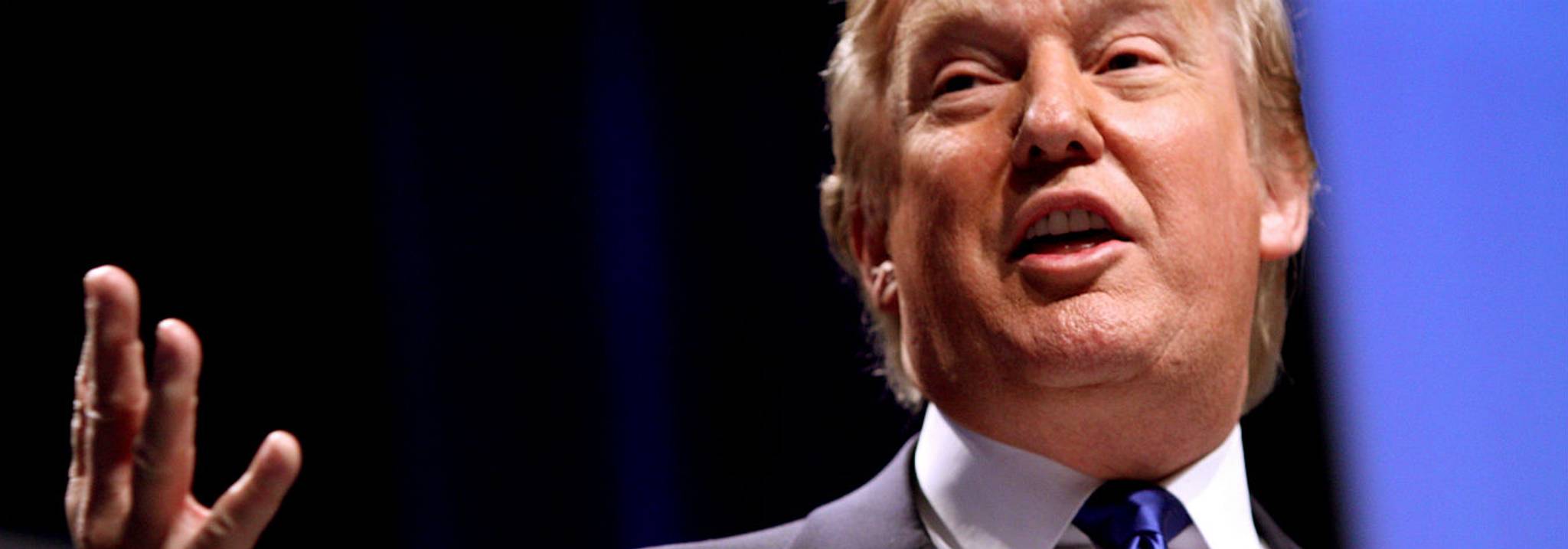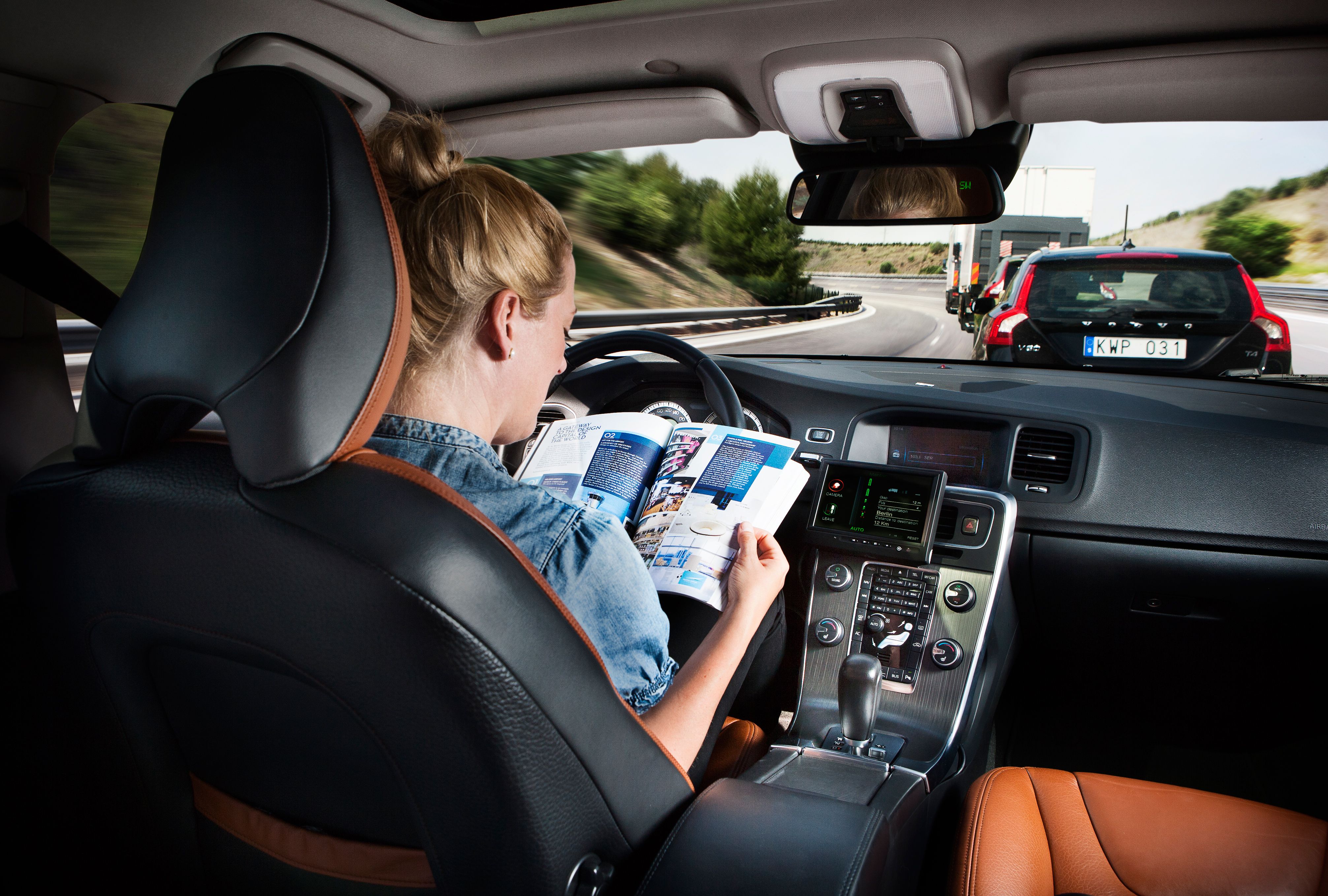
Every first year philosophy student is familiar with the problem of the trolley car hurtling down the track, about to hit five workers. As a bystander, you can pull a lever that sends the car down a side track, where there’s only one worker. Sacrifice one to save five? Or do nothing and see five die? What’s the right thing to do?
On Saturday, author and professor of history Yuval Noah Harari – author of the book Sapiens – spoke at the Royal Institute of Great Britain about his long-term view for humanity. His new book Homo Deus looks to the future, informed by a career studying the political, economic and technological turning points that shaped human civilisation up to this point. So what does the future hold?
Today, technological advancements are placing these philosophical and ethical issues front and centre, and within a new context. Take the trolley car problem; today, it might look something like this. A self-driving car is hurtling down a mountain road, and five children jump out in front of it. The only other option is to have the car swerve, sending it off a cliff and killing the one innocent passenger. What do we tell the algorithm to do?

And what we tell intelligent algorithms to do has never been more important, since they’re increasingly influencing our behaviour. Big data is used to tell us what to listen to next on Spotify, what to buy next on Amazon. Censorship on the internet cuts whole populations off from information, yet the flip-side of the coin enables children to stumble across disturbing content with ease.
On an even larger scale, relevance-based search engines can influence our opinions, attitudes, and even political leanings. “Websites are customising what they show you based on who they think you are,” says Eli Pariser, author of The Filter Bubble. “As a result, you’re more likely to come into contact with information that you already have, and less likely to be challenged or see topics outside the realm that algorithms predict you're interested in.”
Today, for the first time, technology is outpacing politics; we communicate on new networks and digital technologies that are changing the way we behave, but governments are scrambling to keep up. And the design of these algorithms is in the hands of a few, even though we speak of the internet as a public utility – like running water. Does anyone what know what Donald Trump’s thoughts are about the future of the internet, or how Hillary Clinton intends to lay the foundations to enable AI to improve our societies? And what will the consequences be if these issues aren’t woven into the political landscape?
Discover more insights like this by signing up to the Canvas8 Library.
Alex Caminer is a senior behavioural analyst at Canvas8. Living at the intersection of psychology, physics and economics, he smiles at irrationality and enjoys being puzzled.